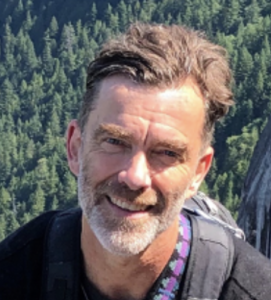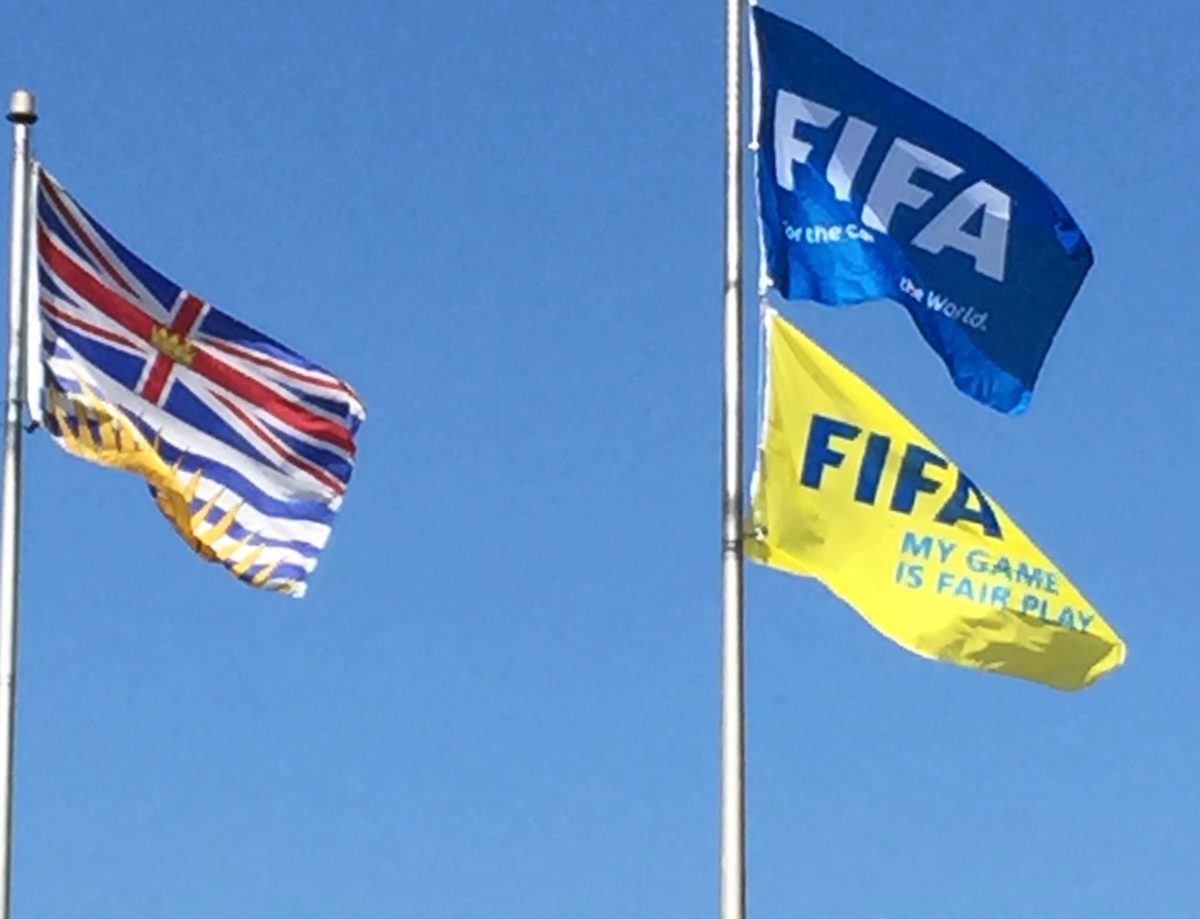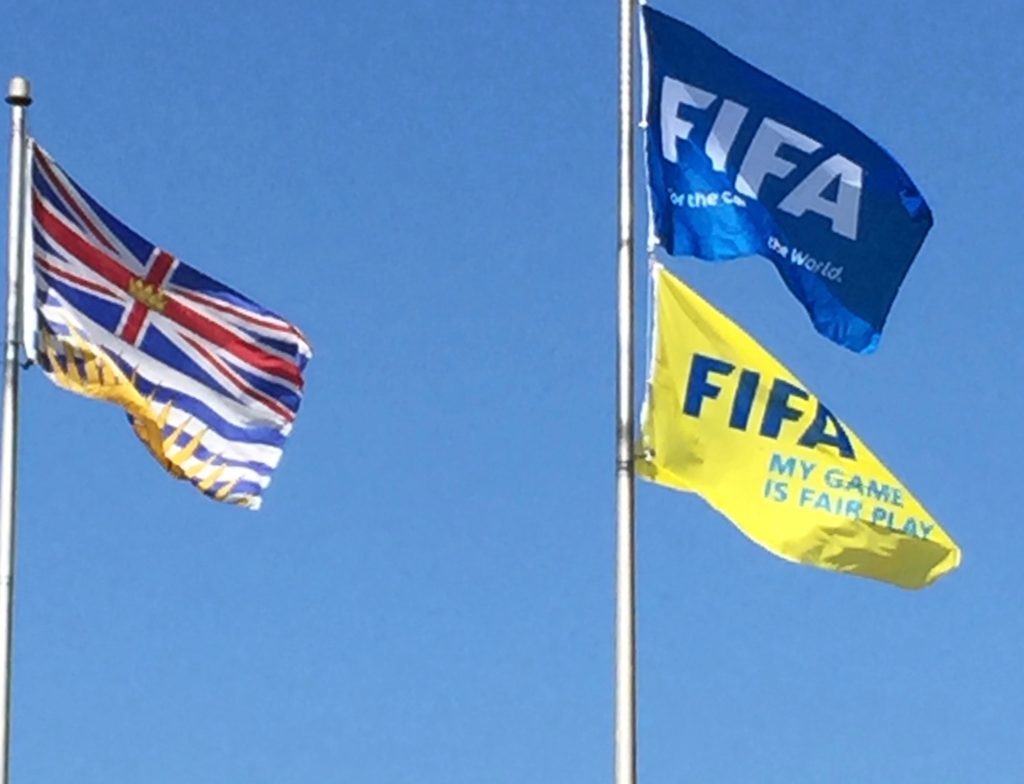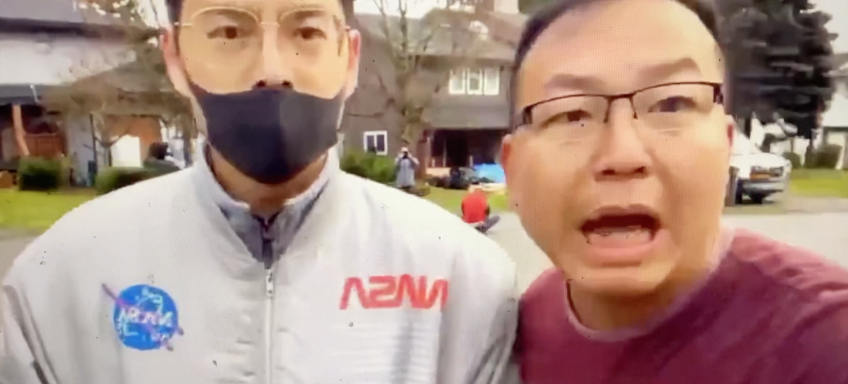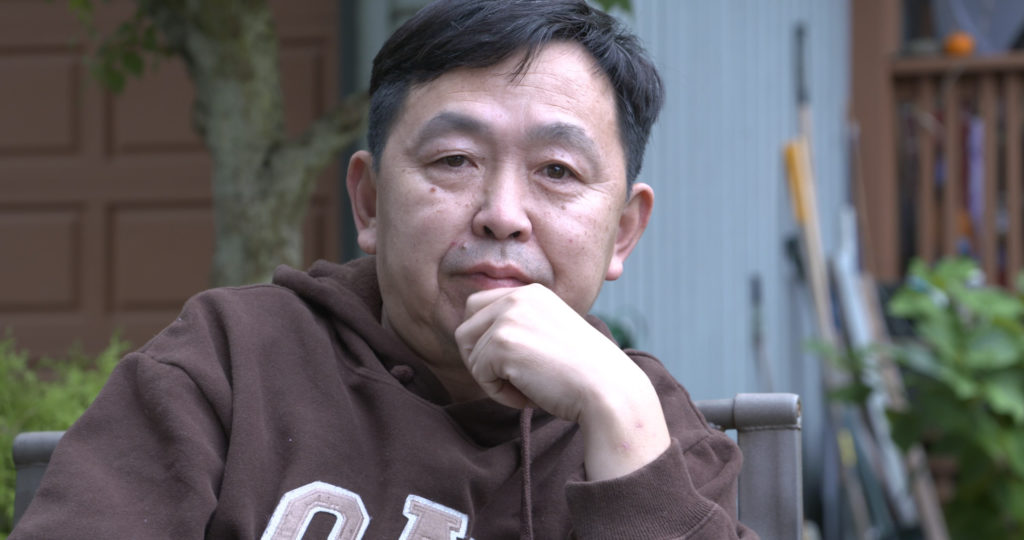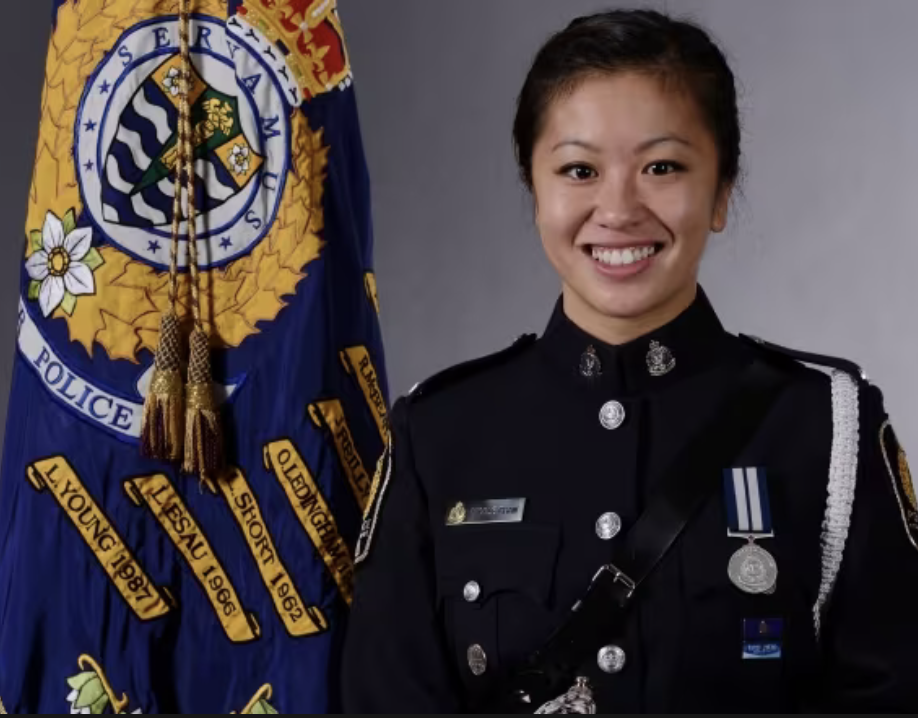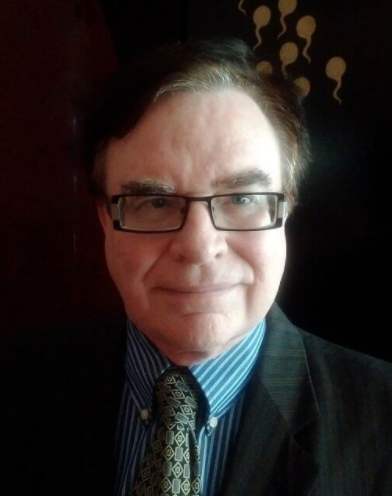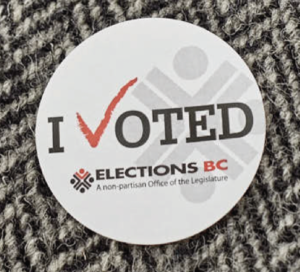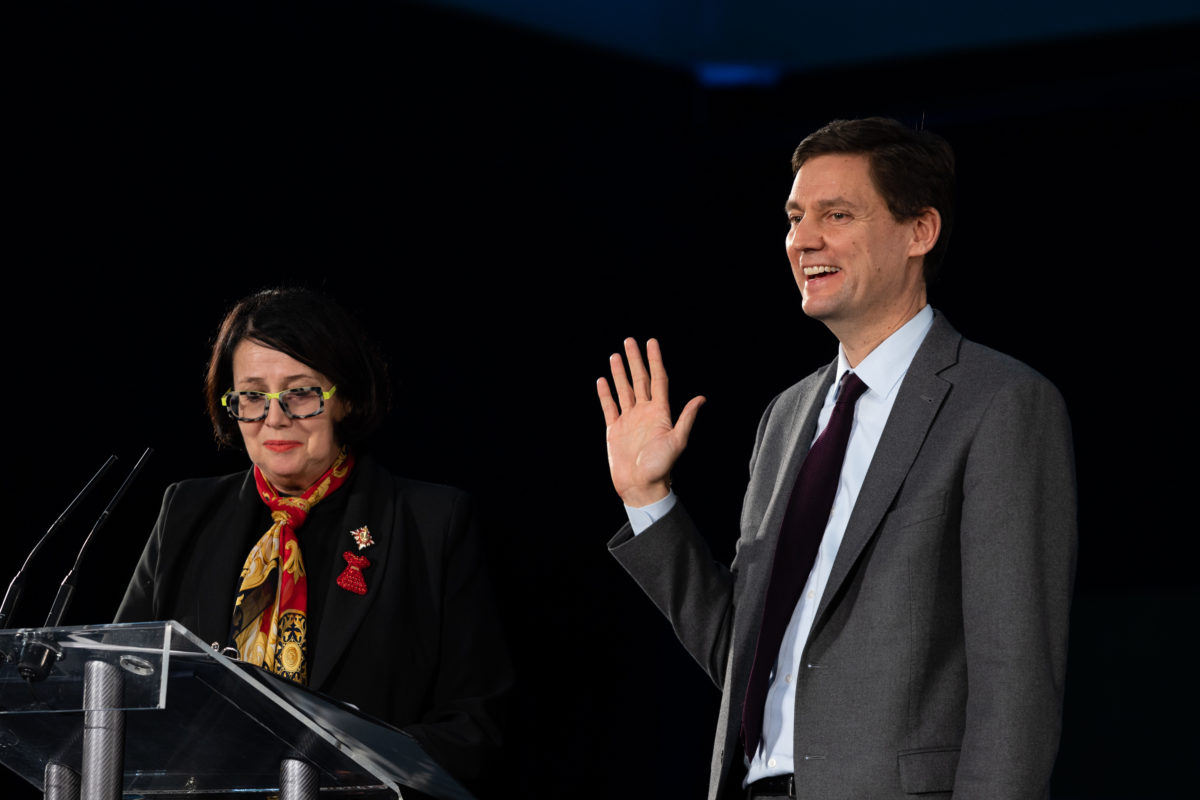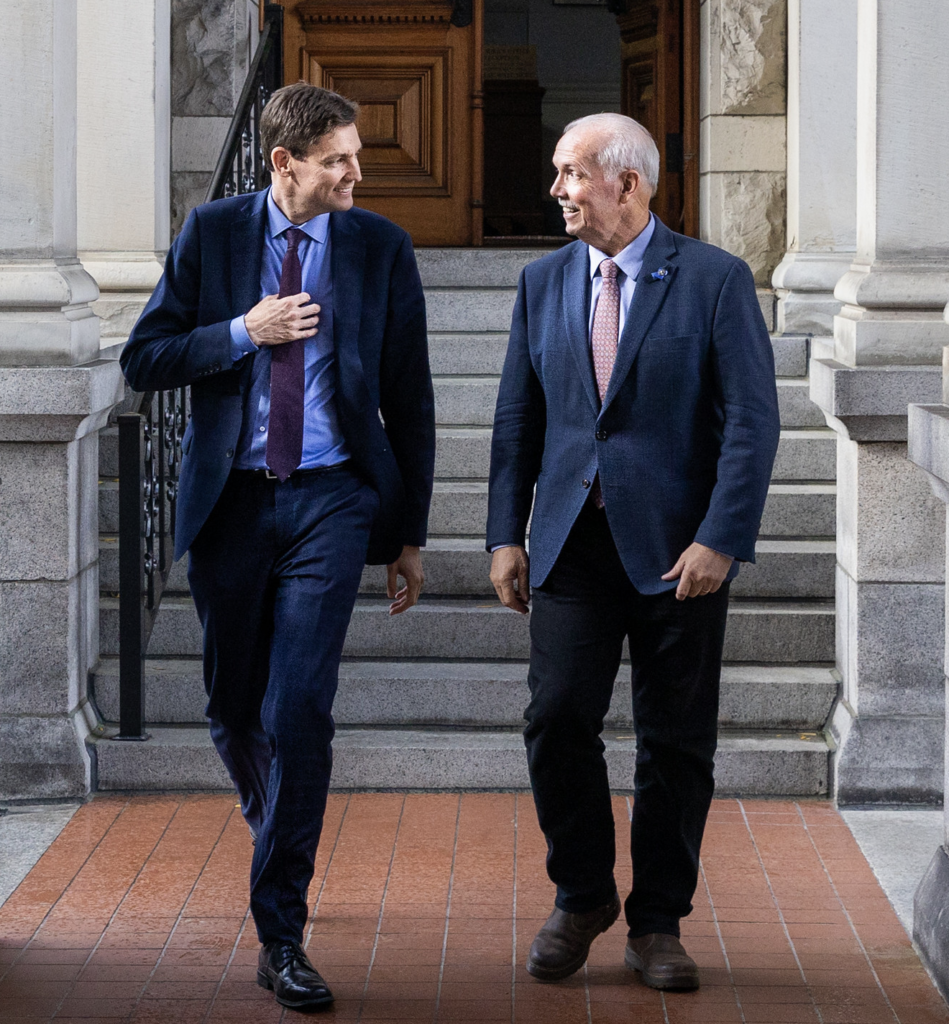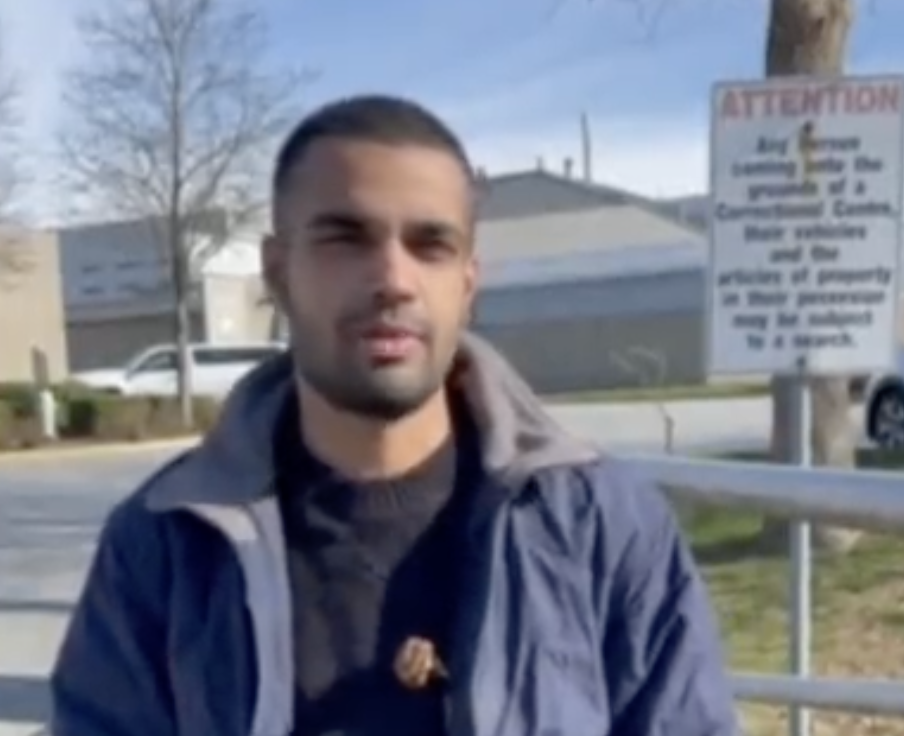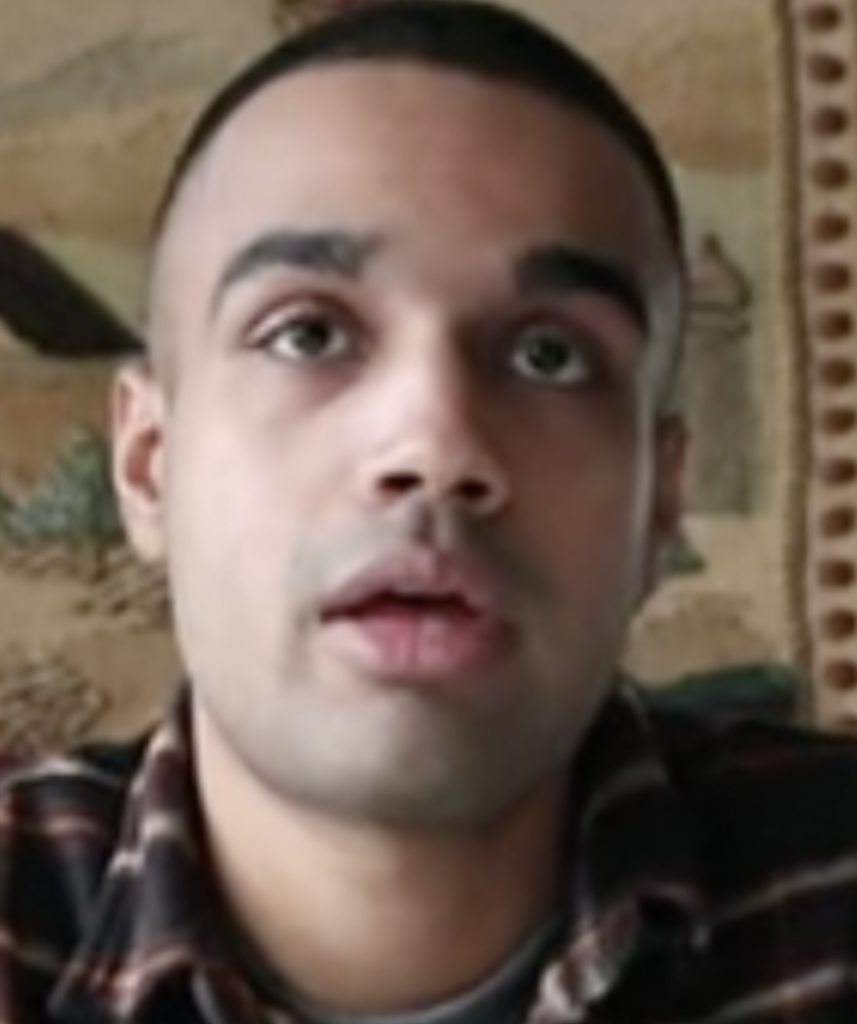Vancouver General psychiatrist takes stand in coroner’s inquest, four years after VPD officer’s suicide
Bob Mackin
The Vancouver General Hospital psychiatrist who saw Nicole Chan the night before she died of suicide explained the reason why he did not keep her there under the mental health act.
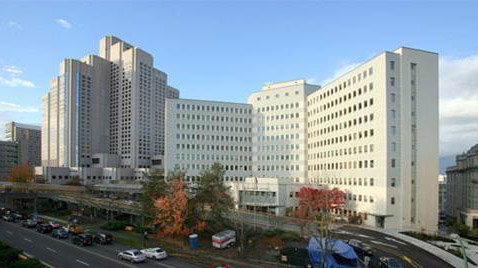
Vancouver General Hospital (VCH)
“From my assessment, the patient has recovered from the emotional distress by the time I saw her,” Dr. Kiran Sayyaparaju testified Jan. 27 in Burnaby coroner’s court, on the fourth anniversary of the 30-year-old Vancouver Police constable’s death.
Chan had been whisked by ambulance to hospital around 9:30 p.m. on Jan. 26, 2019 after police were called to her Olympic Village apartment. Her boyfriend told police Chan was suicidal after taking away a knife, scissors and dog leash. She was on leave from the force, suffering depression and anxiety after complaining to Chief Adam Palmer that two senior officers had exploited her sexually.
Sayyaparaju said that there was no indication Chan was being manipulative or hiding the truth from him. He said it had been a traumatic experience for her, but there was no reason to get too suspicious about her reliability. She was “quite a decent stature as a police officer and who’s already getting help.”
Sayyaparaju said he had received a verbal report from a paramedic, but did not recall speaking to a police officer. He became aware of Chan’s suicide attempt in 2016, but knew little else of her history.
“I didn’t know that she tried to do multiple things since she was, I think, 12 years. Yeah, I know that would have made me ask her more questions and get more history, like more detail of what those items were, when and context and severity, seriousness,” he testified. “I didn’t have that piece of information and, second was the dog leash. I think that’s very important to mention. I did not have that and that would have affected my decision.”

Late VPD Const. Nicole Chan (Legacy.com)
Insp. Novi Jette testified that she was tasked to attend the hospital after Chan arrived and called Staff Sgt. Shelley Horne to join her. Jette said she spoke with Const. Warren Head at the hospital. Head had accompanied Chan from her apartment to hospital and concerned she would be released.
“He was worried because he felt that she was saying all the right things, having been a police officer, knowing what needed to be said,” Jette said.
Jette recalled “feeling really upset and frustrated” when the doctor decided not to admit Chan.
“I remember saying to Nicole, ‘before we leave, I need to get a commitment from you. I need to know that you’re not going to hurt yourself or anyone else.’ And I remember her looking me right in the eyes and saying: ‘I promise you, I won’t hurt myself or anyone else’.”
Jette and Horne drove with Chan in the back seat and she asked her again if they could take her to her sister’s place. Chan declined. She just wanted to go home and meet up with her sister the next day.
“When we pulled up in front of her residence, we asked if she wanted us to stay with her, she said no. We asked to walk her up to her suite, and she said no,” said Jette, fighting back tears.
Chan texted Horne when she arrived at her suite. Jette sent a message to a VPD psychologist and went home.
The next morning, Chan’s boyfriend returned to the apartment and discovered her body.
Earlier Jan. 27, presiding coroner Susan Barth opened the session with a minute of silence in memory of Chan.
The six-day fact-finding hearing is scheduled to conclude Jan. 30. The five-person jury is expected to then deliberate on recommendations to help prevent a similar tragedy.
- If you or someone you know is having thoughts of suicide, call 1-800-784-2433 (1-800-SUICIDE), or call your local crisis centre.
Support theBreaker.news for as low as $2 a month on Patreon. Find out how. Click here.
Bob Mackin The Vancouver General Hospital psychiatrist who







